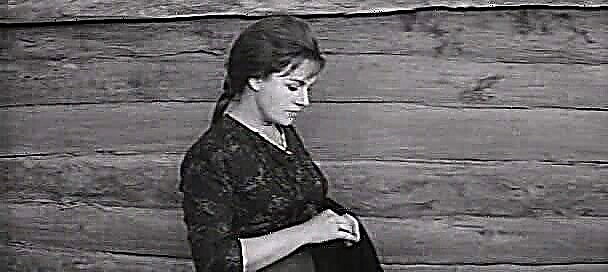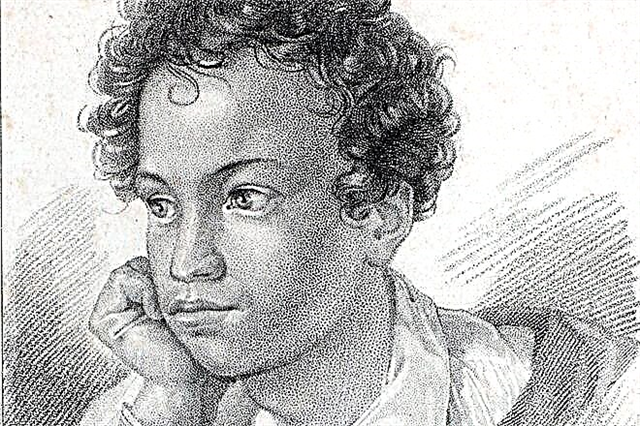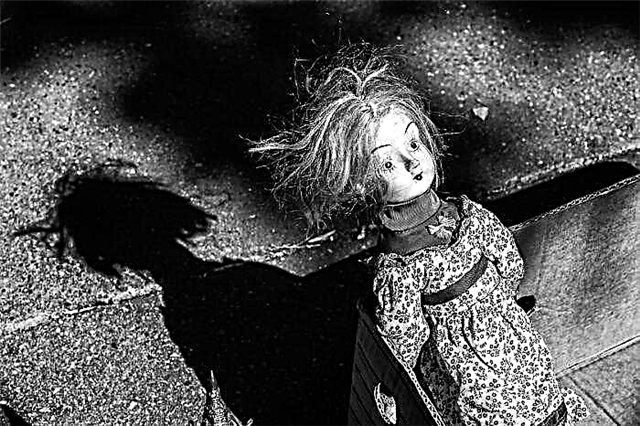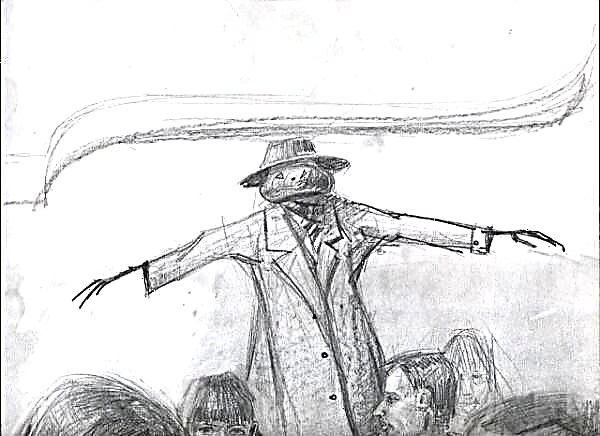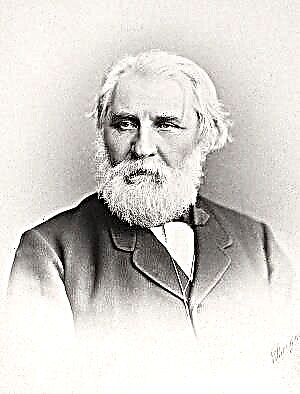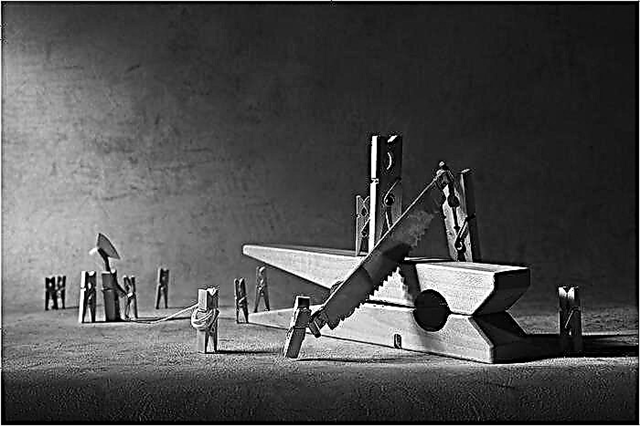The name "Hercules" means "Glory to the goddess Hera." The goddess Hera was the heavenly queen, the wife of the supreme Zeus the Thunderer. And Hercules was the last of the earthly sons of Zeus: Zeus descended to many mortal women, but after Alcmene, mother of Hercules, he was no longer to anyone. Hercules was supposed to save the gods of the Olympians in the war for power over the world against the Earth-born Giants rebelled against them: there was a prophecy that the gods would defeat the Giants only if at least one mortal man came to their aid. Hercules became such a man. Hera should, like all gods, be thankful to him. But she was the legitimate wife of Zeus, the patroness of all legal marriages, and her husband's illegitimate son, and even her most beloved, was hated by her. Therefore, all the legends about the earthly life of Heracles are the legends about how the goddess Hera pursued him.
There were three main such tales. Firstly, about the twelve deeds of Hercules: Hera arranged so that the mighty Hercules should serve twelve forced services to the insignificant Tsar Eurystheus. Secondly, about the madness of Hercules: Hera sent a frenzy upon him, and he killed his own children from the bow, mistaking them for enemies. Thirdly, about the martyrdom of Hercules: Hera made sure that Hercules wife, without knowing it, presented him with a cloak saturated with poison, which so tormented the hero that he himself burned himself at the stake. On the self-immolation of Hercules, Sophocles wrote his tragedy Trakhinyanki. And about the insanity of Hercules, Euripides wrote the tragedy "Hercules."
In different parts of Greece, as always, these myths were told in different ways. In Central Greece, in Thebes, where Hercules was supposedly born, the story of madness was best remembered. In the south, in Argos, where Hercules served Tsar Eurystheus, the story of twelve deeds was best remembered. In the north, near Mount Eta, where Heracles was the funeral pyre, they talked about his self-immolation. And in Athens they said differently: as if Hercules did not burn himself, but found the last refuge from the wrath of Hera here in Athens, with his young friend, the Athenian hero Theseus. This rare myth and took Euripides to unleash his tragedy. And the name of Hercules’s wife is not Dejanir (like Sophocles), but Megara (as they called her in Thebes).
Zeus was the heavenly father of Heracles, and the hero Amphitrion, the husband of his mother Alkmena, was Heracles' earthly father. (Later, Roman Plavt will write a comedy about Amphitrion, Alkmene and Zeus.) Amphitrion lived in Thebes; Heracles was born there, where he married the Theban princess Megara, from there he went to Argos to serve Tsar Eurystheus. Twelve years - twelve services in a foreign land; the latter is the worst: Hercules had to go underground and take out from there a monstrous three-headed dog that guarded the kingdom of the dead. And from the kingdom of the dead - people knew - no one ever returned. And Hercules was considered dead. This took advantage of the neighboring evil king Lik (whose name means "wolf"). He captured Thebes, killed the Theban king, Megara's father, and sentenced Megara, and her children, and old Amphitrion to death.
This is where the tragedy of Euripides begins. On stage - Amphitrion, Megara and the three little silent sons of her and Heracles. They are sitting in front of the palace at the altar of the gods - as long as they hold on to it, they will not be touched, but their strength is already running out, and there is nowhere to wait for help. Theban elders come to them, relying on the staves, forming a choir - but is this really help? Amphitrion, in a long monologue, tells the audience what happened here and ends with the words: "Only in trouble do we know who is friend and who is not." Megara is desperate, and yet Amphitrion encourages her: "Happiness and misfortune are replaced by a succession: what if Hercules takes it and returns?" But this is not believed.
Evil Face appears. “Do not cling to life! Hercules will not return from the next world. Hercules is not a hero at all, but a coward; he always fought, not face to face, with a sword and spear, but from afar, with arrows from a bow. And who will believe that he is the son of Zeus, and not yours, old man! Mine is now the highest, and death is to you. ” Amphitrion accepts the challenge: “Is he Zeus a son - ask the fallen Giants!” An archer in battle is more dangerous than an archer. Thebes forgot how much they owe to Hercules - the worse for them! And the rapist will pay for the violence. ” And then Megara gets up. “Enough: death is terrible, but you will not go against fate. Hercules does not come to life, and the villain does not reason. "Let me dress my sons in a funeral attire - and lead us to execution!"
The choir sings a song to the glory of the deeds of Hercules: how he beat a stone lion and wild centaurs, the many-headed Hydra and a three-body giant, caught a sacred fallow deer and tamed predatory horses, defeated the Amazons and the sea king, raised heaven on his shoulders and brought down golden paradise apples to the earth, went down to the land of the dead, and there is no way out ... Megara and Amphitrion lead the Hercules sons: “Here they are, he bequeathed to Thebes to one, to another Argos, to third Ekhalia, to one lion's skin, to another club, to the third bow and arrow, and now they are finished. Zeus, if you want to save them, save! Hercules, if you can appear to us, come! ”
And Hercules is. He has just left the kingdom of the dead, his eyes are not accustomed to the sun, he sees children, his wife, father in funeral clothes and does not believe himself: what's the matter? Excited, Megara and Amphitrion hastily explain to him: now Lik will come to lead them to execution. “Then - all to the palace!” and when he comes in, he will deal with me. I was not afraid of the hell of a dog - will I be afraid of a miserable Face? ” The choir praises the young power of Hercules. Face comes in, steps into the palace, the choir freezes; from behind the scene a groan of dying Face is heard, and the choir sings a triumphant, solemn song. He does not know that the worst is to come.
Two goddesses appear above the scene. This is Irida, the messenger of Hera, and Lissa, daughter of the Night, the deity of madness. While Hercules performed twelve exploits, he was under the protection of Zeus, but the exploits were over, and now Hera will take his. Madness will attack Hercules, like a prey hunter, like a horse rider, like a hop on a drunk. The goddesses disappear, there is only a choir on the stage, he is horrified because of the stage - screams, music rattles, the earth trembles, a frightened messenger runs out. He says: having defeated Lika, Hercules began to make a purifying sacrifice, but he suddenly froze, his eyes were bloodshot, foam appeared on his lips: “It's not him, not Eurystheus, but I need Eurystheus, my tormentor! Here are his children! ” And he rushes to his own sons. One is hiding behind a column - Hercules hits him with an arrow. Another rushes to his chest - Hercules smashes his club. With the third Megara runs away into distant peace - Hercules breaks into the wall and smashes both. He turns to Amphitrion and is ready to kill his father - but then the mighty goddess Athena, the patroness of Hercules appears, hits him with a huge stone, he falls and falls into a dream, and then only the household binds him and fastens him to the fragment of the column.
The inner chambers of the palace: Hercules is sleeping by the pillar, above him is the unfortunate Amphitrion, around are the bodies of Megara and children. Amphitrion and the choir mourn him as dead. Hercules is slowly awakening, he does not remember or understand anything - maybe he is in hell again? But now he recognizes his father, he hears about what happened, his hands are untied, he sees his crime, realizes his guilt and is ready to execute himself by throwing himself on a sword. And then Theseus appears.
Theseus is young, but already glorious: he freed the whole land from the robbers, he killed the bull-man of the Minotaur in Crete and saved his Athens from tribute to this monster, he went down to the kingdom of the dead in order to get an underground mistress Persephone for a friend, and only Hercules rescued him from there and brought to a white light. He heard that the evil Face was rampant in Thebes, and hastened to help, but appeared too late. “I have to die,” Hercules tells him. - I brought to Thebes the wrath of Hera; I overshadowed the glory of my exploits with the horror of this crime; better death than life under a curse; may Hera triumph! ” “No,” Theseus answered him. - No one is sinless: even the Olympians in the sky are sinful against their father, Titan, Everyone is subject to an evil fate, but not everyone is able to resist it; are you flinching Leave Thebes, live with me in Athens, but live! ” And Hercules is inferior. “Only in trouble do we know who is friend and who is not,” he repeats. - Hercules never cried, and now drops a tear. Sorry, dead! And you Thebans, cry both for the dead and for me, the living: Hera tied us into one knot. ”
And, relying on a friend, Hercules leaves the stage.

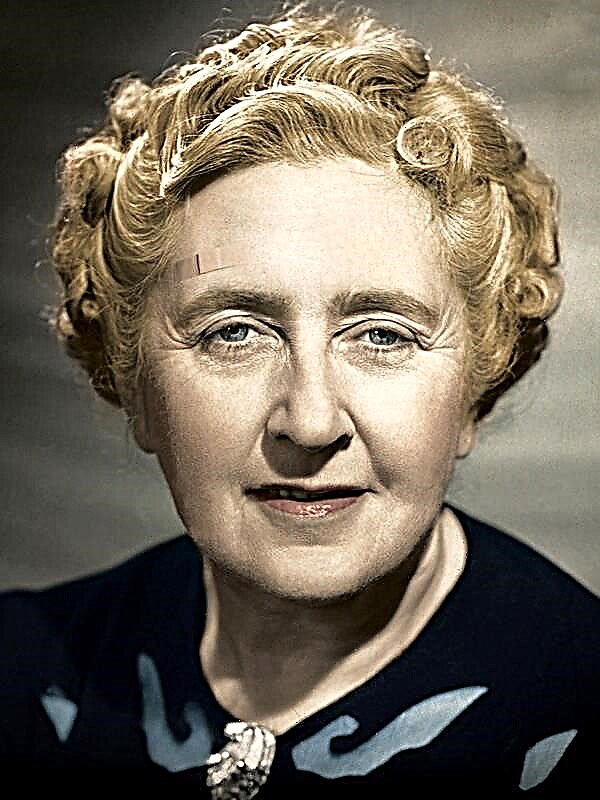


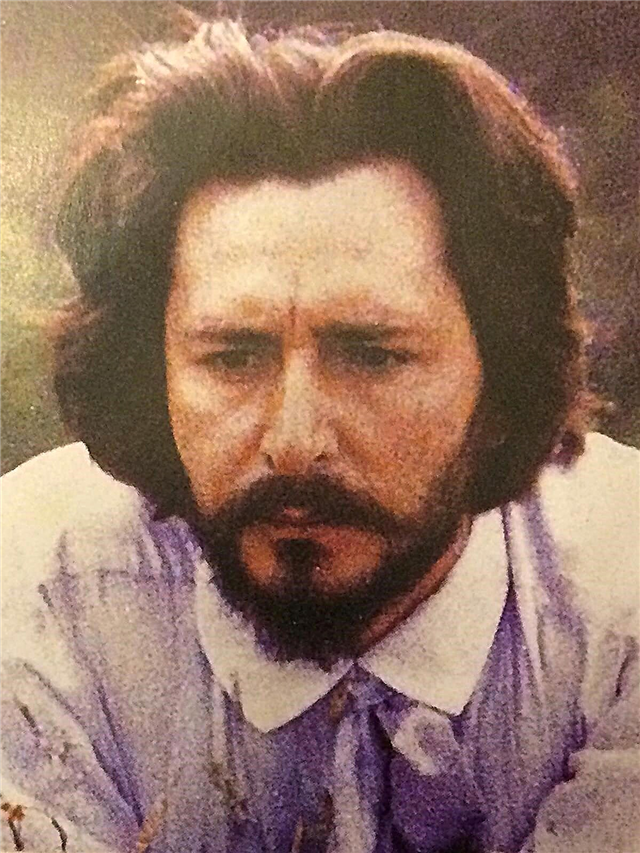
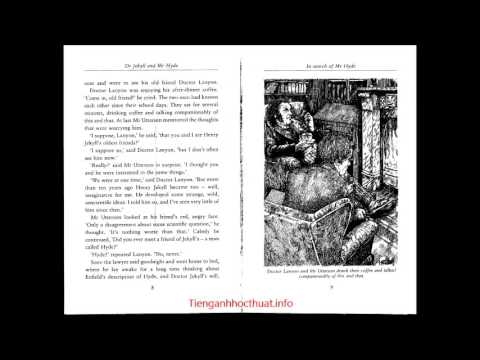 Marianne's Life
Marianne's Life